Article 370 and Article 35 A
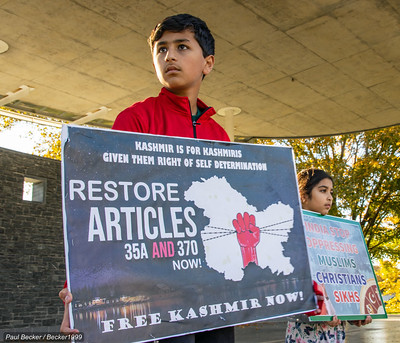
Both Article 370 and Article 35 A are related to Jammu and Kashmir. Both are temporary provisions.
Article 370 grants special status to the sovereignty of the state. In other words, it is a special power given to the state government to make separate set of laws to be applied in Jammu and Kashmir for its governance.
The special status restricts the central government’s power to defence, foreign affairs and communication.
That means the state government has its own powers in all areas except these three. The Parliament needs the approval of the state government to apply all other laws except for the above mentioned three.
The residents of the state have their own and separate set of laws with respect to citizenship, fundamental rights, ownership of property, and many other such things.
The central government even cannot declare a financial emergency under Article 360 in the state except in the case of a war or external aggression.
Unless the state government concurs with the central government, the central government cannot declare an emergency on the grounds of any kind of internal disturbance or impending danger.
Article 35 A protects the rights of citizens in the state regarding employment and property. There was nothing mentioned about this Article in the Constitution of India that was published originally. However, it was incorporated as a provision by a Presidential Order in 1954.
Article 35 A gives special rights to the permanent residents of the state. The state government has the power to outline its permanent residents, and provide privileges and rights to them.
It can also decide in matters related to their settlement in the state, employment, acquisition of immovable property in the state, and obtaining scholarships from the government.
Jammu and Kashmir was a princely state before India’s Independence. At the time of its accession to India, the state was given a special status and Article 370 was incorporated into the Indian Constitution as a temporary provision.
However, later it became a permanent feature of the Indian Constitution.
Image Credit: Becker1999 CC BY 2.0
Image Reference: https://www.flickr.com/photos/becker271/48972138696/
Recent Posts
- Dhruv64: India unveils its first indigenous 64-bit microprocessorDhruv64 is a 1.0 GHz, 64-bit dual-core processor built on the RISC-V instruction set architecture.
- Skyward partnership: India and France elevate defence tiesNarendra Modi and Emmanuel Macron jointly inaugurated a new helicopter assembly line in India yesterday.
- Feeding hope: How this man is transforming lives in KarimnagarDayanand and a team of fellow retirees now serve breakfast, lunch, dinner, and tiffin to 300–500 people each day.
- Dhruv64: India unveils its first indigenous 64-bit microprocessor
What’s new at WeRIndia.com
News from 700+ sources
-
J&Ks Debt At Rs 1.37 Lakh Cr For Fy25 To Be Offset By Increased GSDP: CM Omar Abdullah
-
Lara Trump reveals president has speech pre-written to announce the discovery of alien life after Obama claim
-
Watch: Omar Abdullah congratulates Jammu & Kashmir cricket team for reaching Ranji Trophy final
-
How some Bengaluru residents are bridging the Kannada language gap in their localities
-
Tambaram police seize over 2,700 kg of banned tobacco products
-
YSRCP seeks resumption of Rayalaseema Lift Irrigation Project
-
WeRIndia – A News Aggregator
Visit werindia.com for all types of National | Business | World | Politics | Entertainment | Health related news and much more..


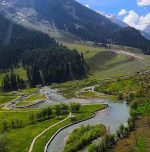
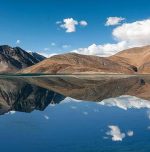
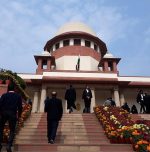
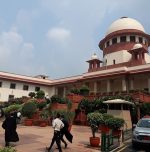




Leave a Reply